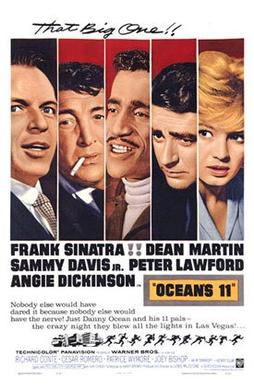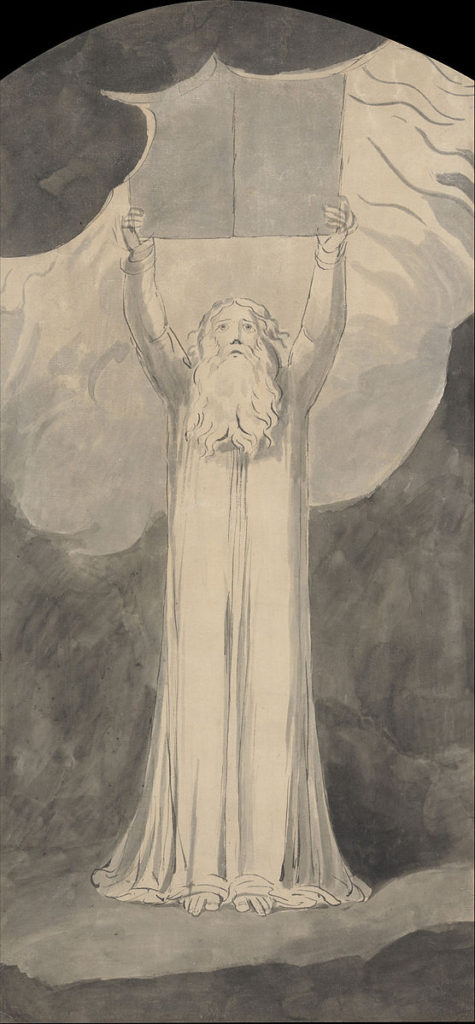Silver Lining? Honest Services and the Second Circuit
Reading Time: 4 minutes.
[NOTE: a version of this article by my former colleague Jordan Patterson and I first appeared in Law360 on 29 January 2020]
In its most recent consideration of the honest-services fraud prosecution of former Speaker of the New York State Assembly Sheldon Silver, the United States Court of Appeals for the Second Circuit followed the letter and spirit of the Supreme Court in McDonnell v. United States [1] and restricted the Government’s ability to obtain a conviction for honest-services fraud on an “as opportunities arise” or retainer theory.[2]
Under this theory, it is not enough for the Government to charge and prove, for example, that an individual paid a public official to take official action to benefit the payor as opportunities arose. Such an open-ended promise is insufficient to avoid the vagueness doctrine — the requirement that a defendant be put on fair notice that her conduct might be criminal.
Rather, in order to find a quid pro quo under such a theory, the jury must be instructed — and the Government must prove — that, “at the time the bribe was accepted, [the defendant] promised to take action on a specific and focused question or matter as the opportunities to take such action arose.”[3]
In 2016, Silver was convicted of accepting bribes in violation of the mail and wire fraud statutes and the Hobbs Act. The Second Circuit reversed, finding the district court’s jury instructions erroneous under the new, more narrow definition of “official act” that the Supreme Court set out in McDonnell.[4] The Government tried Silver a second time, and the jury convicted again. Silver appealed again.
On this second appeal, the Second Circuit held that although neither the Hobbs Act (that is, a charge of extortion under color of right) nor the honest-services statute requires “advance identification of the particular act to be undertaken, they do require that the official understand — at the time he accepted the payment – the particular question or matter to be influenced.”[5]
Because the district court’s instructions did not include this limitation on the as-opportunities-arise theory, the Second Circuit found that the jury instructions were erroneous and not harmless as to three counts, thus requiring that Silver’s convictions on those counts be vacated.[6]
In its discussion, the Second Circuit looked first to McDonnell:

Vacating the conviction of former Virginia Governor Robert McDonnell, the Court held that an official act is a decision or action on a question, matter, cause, suit, proceeding or controversy that involves a formal exercise of governmental power, is specific and focused, and is either pending or may by law be brought before a public official.[7]
It was this more robust definition of “official act” that caused the court to reverse the former speaker’s conviction in Silver I. In Silver II, the defendant argued that (1) for both his Hobbs Act conviction and his honest services convictions there had to be an agreement, or a meeting of the minds, proven between payor and payee and (2) the as-opportunities-arise theory was no longer valid after McDonnell.
The Second Circuit rejected both arguments but concluded that although the as-opportunities-arise theory is alive and well, and although “the particular act of influence need not be identified at the time of the official’s promise,” the particular jury instructions at issue were fatally flawed because “the particular question or matter to be influenced must be” identified.[8]
The flaw arose because of the two-part McDonnell-driven requirement for the Government to demonstrate an official act: First, there must be the “question, matter, cause, suit, proceeding or controversy” described above, and second, “the Government must prove that the public official made a decision or took an action on that question, matter, cause, suit, proceeding, or controversy, or agreed to do so.”[9]
The question or matter cannot just be anything at the time the public official receives payment. It has to be something concrete and specific, contemplated then, and not simply addressed later. Otherwise:

Absent additional specificity, criminal liability could attach to any later action the official takes so long as the official is exercising some ability granted to him or her by law, regardless of the fact that the official essentially promised nothing in return for payment.[10]
It is this latter concern — the expansiveness of federal bribery law in general and of the honest-services statute in particular — that seems to have animated the Second Circuit and indeed the Supreme Court in its recent public corruption jurisprudence. This goes back to Skilling v. United States (in which it limited the honest-services statute to charges of bribery and kickbacks and expressly excluded undisclosed conflicts of interest) through McDonnell (in which it rejected the Government’s attempt to have the honest-services statute cover all conduct derived from one’s official capacity).
The Second Circuit’s language in Silver II is measured: It claims to speak only to the as-opportunities-arise theory, expressly withholding judgment as to stream of benefits or retainer theories.[11] In addition, it doubts that its approach “will affect the prosecution of bribery in most cases,” circumstantial evidence remaining an often-used avenue of proof.[12]
Perhaps. But most courts conflate all three such theories and treat them as the same thing, and the question will not be the admissibility of circumstantial evidence but rather the Government’s articulation of the specific “question or matter” that the evidence goes towards proving (or not).
To this point, the concurrence notes that the opinion does not address “how specific either the payor of the official must be in defining the relevant matter or question at the time of the promise.”[13] Rather, “all the opinion requires is that there be more than a vague and open-ended promise to do whatever the official later decides might benefit the payor.”[14]
What exactly this something more entails remains to be seen. Although the Second Circuit panel noted that it did not believe that it was changing the law, it seems unavoidable that, at least for as-opportunities-arise types of prosecution theories, prosecutors will now be required to charge and prove up honest-services counts with meaningful particularity about the “specific and focused question or matter” in mind at the time the official received payment.
In addition, defendants will have increased opportunities to argue for more pointed, specific jury instructions on such counts in order to avoid the potentially unconstitutional vagueness aspects that have long plagued the honest-services statute. As the Second Circuit admits, “the Government’s burden in bribery prosecutions remains high.”[15]